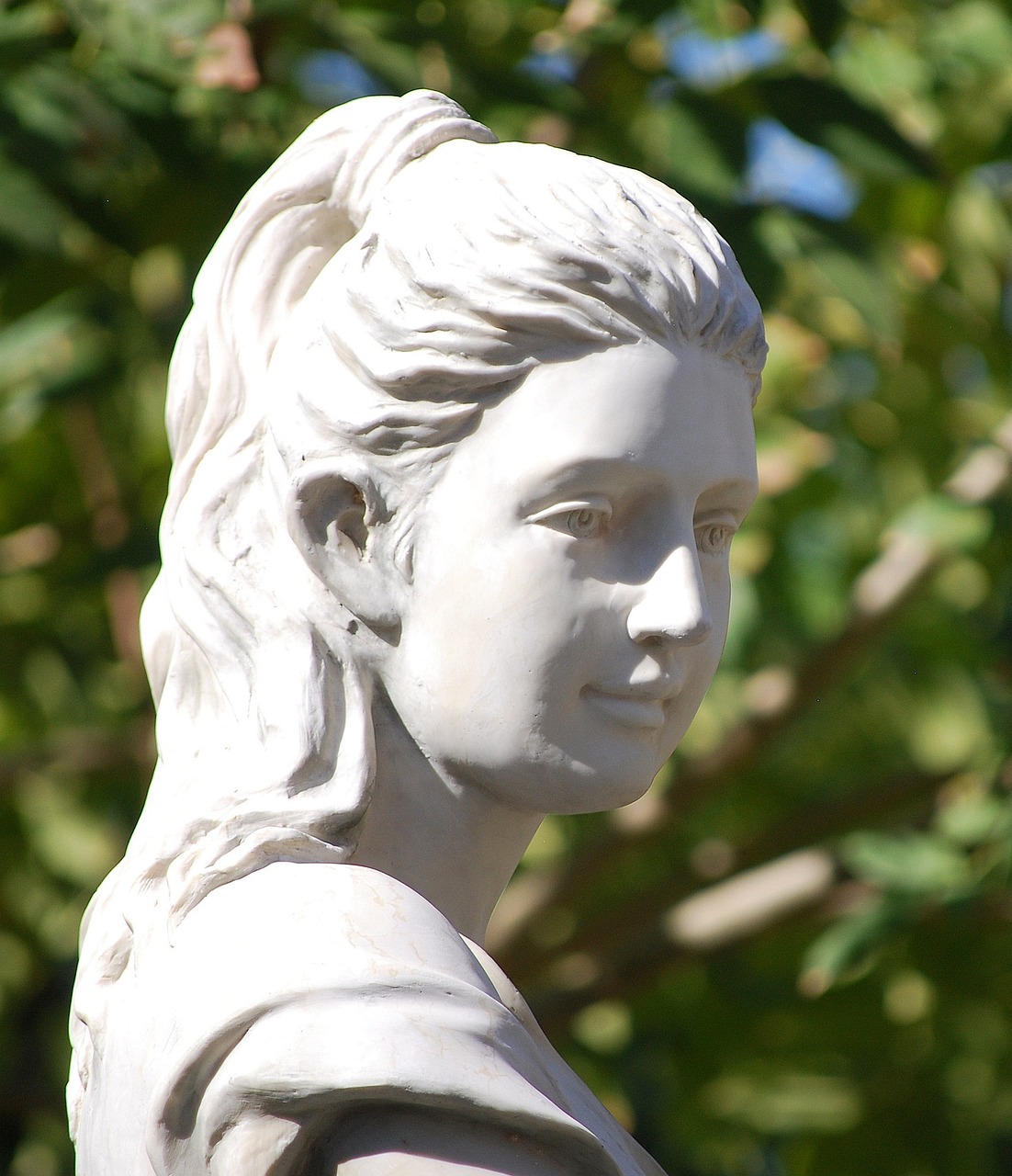Roman Religion: An Overview of Practices and Beliefs
Roman religion encompasses the beliefs and rituals that were prevalent among the people of the Italian peninsula from antiquity until the establishment of Christianity in the 4th century CE. Cicero, a renowned orator and statesman, articulated that Romans had a unique wisdom that allowed them to recognize the divine authority of the gods, an acknowledgment that was foundational to their religious practice. Unlike some other cultures, Roman religion emphasized a reciprocal relationship based on trust (fides) between the divine and humanity. The primary goal was to cultivate the favor and protection of the gods, known as the “peace of the gods” (pax deorum), which the Romans believed would assist them in managing the uncertainties of life that often generated fear and awe (religio).
In service of this objective, the Romans established a set of divine laws (jus divinum) that dictated specific actions and abstentions required for worship. For centuries, these regulations focused more on ritualistic obligations instead of ethical considerations, prioritizing the proper conduct of ceremonies. The intricacies of Roman religious practice were deeply intertwined with national identity, and these ceremonies were conducted with meticulous care and tradition. While elements of early Roman religious thoughts can still be discerned, their details remained largely intact over centuries, distinguishing Roman practices from those of the Greeks, where mythological remnants were often more obscured.
Unlike the Greeks, who engaged with a vast array of mythological narratives and personalized deities, the Romans demonstrated a degree of restraint in crafting a body of mythology. Although discoveries in places like ancient Etruria suggest that early Italians held some mythological beliefs, the overall corpus of Roman mythology remains relatively limited. The Romans primarily constructed what could be described as a pseudomythology, often borrowing and adapting Greek narratives to suit their national or familial tales. Moreover, Roman religion was largely devoid of a unified creed or dogma; adherence to proper ceremonial practices was paramount, allowing for a personal interpretation of the divine. This absence of formal doctrine often led to a diminishment of emotional expressions within their worship.
Despite the presence of substantial historical elements, tracing the evolution of Roman religious practice is a complex undertaking. Important literary references from antiquarians like Varro and Verrius Flaccus—who wrote centuries after Rome’s founding—have contributed significantly, albeit with unavoidable biases influenced by Greek tradition. To complement these literary sources, modern scholars investigate remnants from religious calendars, inscriptions, and a wealth of artistic representations, including coinage.
Early Developments in Roman Religion
The origins of Roman religion can be better understood through archaeological discoveries from early times, though these do not provide a complete picture. Scholars suggest that during the first millennium BCE, ancestors from the Latin and Sabine regions settled in the area that would become Rome, specifically on the hills of Palatine and Quirinal. By around 620 BCE, these communities began to merge, leading to the establishment of the Forum Romanum as the central hub for civic and commercial activities.
The early Romans exhibited a tendency to perceive divine power as manifest in aspects of daily life and natural events, embracing deities functioning within these realms. This view extended to both integral human actions—like childbirth or agricultural activities—and distinct natural phenomena, such as the sun’s cycle. They attributed deep significance to these operations, often designating names to various deities corresponding to specific functions. This approach generated an extensive array of functional deities, demonstrating a unique aspect of Roman religious thought characterized by “religious atomism.” Precise naming and proper titles were essential to invoke these divine forces; the knowledge of a deity’s name was believed to grant one an audience with the divine. In scenarios where the name was uncertain, Romans would either acknowledge the deity as “unknown” or include phrases to account for all possible divine identities.



